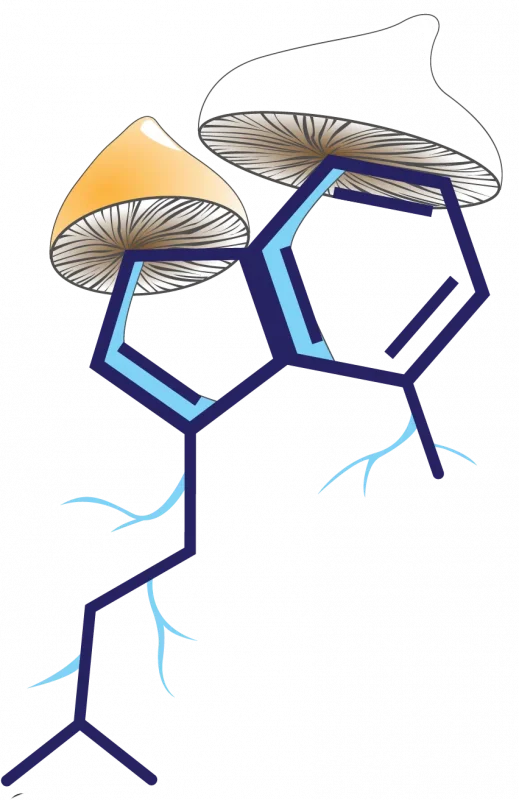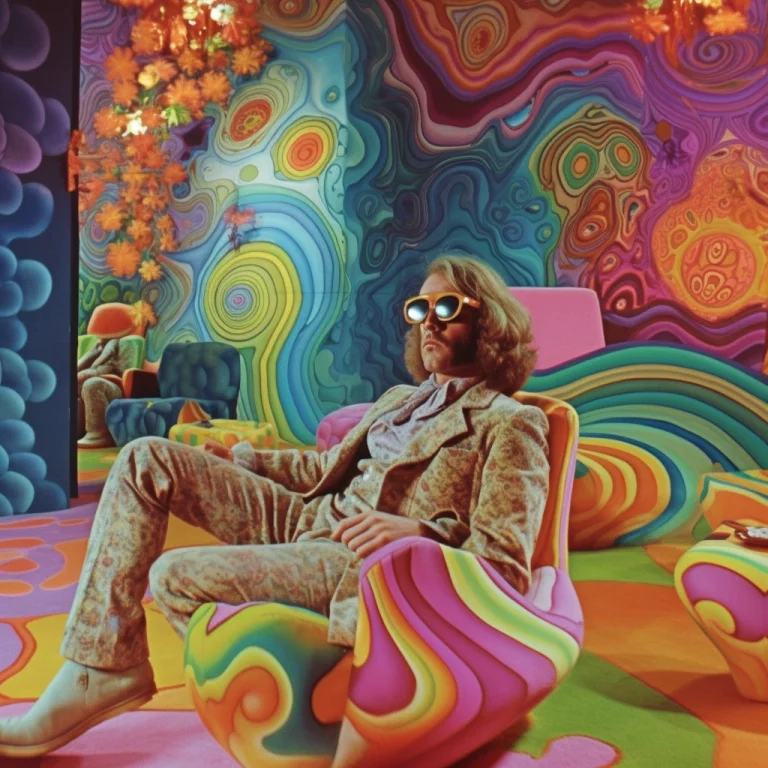Lysergic Acid Diethylamide (LSD), a powerful psychedelic entity, traverses a tumultuous historical timeline. Unearthed in 1938 and attracting a spotlight in the 1960s, it was primarily embraced recreationally and culturally, often entwined with countercultural movements. Yet, its narrative isn’t bereft of scientific exploration; a significant array of research emerged around potential medical applications of LSD. Though regulatory bindings muted this fervor, the current epoch witnesses a revival of interest. This essay sketches the contemporary research landscape and prognosticates future trajectories for this intriguing compound in the medical arena.
A Historic Reflection on LSD in Psychiatry
The mid-twentieth century witnessed an abundance of investigative literature on LSD’s prospective roles in psychiatry. Therapists like Stanislav Grof harnessed LSD in psychotherapy, catalyzing therapeutic breakthroughs for patients. Yet, the crescendo of non-medical use and related cultural turbulence in the late 1960s incited stringent regulations, virtually silencing further inquiries into LSD’s therapeutic potentials.
A Revival in Medical Interest for LSD
The present age is characterized by a burgeoning interest in LSD for therapeutic applications, fuelled by enhanced mechanistic understanding, a shift towards patient-centric care, and accumulating evidence supporting potential therapeutic benefits. Modern safety protocols, encompassing meticulous participant screening, professional therapeutic accompaniment, and comprehensive follow-up care, enable risk-mitigated research explorations.
LSD as a Beacon in Mental Health Disorders
Recent studies cast a spotlight on LSD’s potential for combating diverse mental health disorders. Research emanating from Imperial College London presents encouraging results for LSD-assisted psychotherapy in major depressive disorder. A study published in Frontiers in Pharmacology (2020) hints at LSD’s potential for alleviating anxiety disorder symptoms. LSD’s mechanism of action, principally via serotonin 2A receptor stimulation, potentially fosters a state of enhanced neural plasticity, allowing patients to restructure and perceive their mental health ailments differently.
LSD’s Role in Addiction Treatment
LSD’s potential as an addiction-fighting instrument has garnered attention, showing promising trajectories. A meta-analysis published in the Journal of Psychopharmacology (2012) ascertains that LSD-assisted psychotherapy could significantly mitigate alcohol misuse. Current research delves into its potential for nicotine and other substance addictions, postulating that the profound experiences elicited by LSD might facilitate insights into addictive behaviors, possibly inspiring transformative changes.
LSD in the Realm of End-of-Life Care
Scientific endeavors have also examined LSD’s potential for easing anxiety in patients battling life-threatening illnesses. A study in The Journal of Nervous and Mental Disease (2014) found that LSD-assisted psychotherapy could significantly alleviate anxiety in terminally ill patients, suggesting LSD’s potential for inducing perspective shifts or existential insights that could aid patients in coming to terms with their mortality.
LSD Research: Prospective Directions
There remain several potential medical uses for LSD that require further scientific voyage, encompassing mood disorders, personality disorders, and chronic pain conditions. Future investigations must navigate challenges, including LSD’s lengthy action duration, potential for inducing distressing experiences, and requirement for specialized clinical settings for its administration. As we delve deeper into LSD’s mechanism, we may engineer LSD analogs bearing similar therapeutic benefits yet harboring fewer side effects.
Epilogue
In conclusion, LSD, once confined to the domains of recreational usage and counterculture, now finds itself on the brink of acceptance for potential therapeutic applications. Through rigorous scientific exploration, we continue to decipher its benefits and risks, contributing to its growing recognition in conventional medicine. The future of LSD research resonates with promise, potentially revolutionizing diverse facets of mental health treatment.
[gap height=”130px”]
[ux_image id=”8401″]
[gap height=”130px”]
We hope that you have gained a little more understanding and wisdom after reading through our article about LSD. We hope that it has inspired you to explore the multitude of possibilities through LSD.
Shroomhub is your trusted online source in Canada for all things Psychedelic, from Magic Mushrooms, LSD and even DMT, take advantage of our weekly deals and bargain prices you wont find anywhere else!
[gap height=”130px”]
[message_box]
[row v_align=”middle” h_align=”center”]
[col span=”9″ span__sm=”12″]
Author
Freelance Writer
Leo Thomas
[/col]
[col span=”2″ span__sm=”12″ align=”center”]
[button text=”Linkedin” color=”white” style=”outline” radius=”99″ link=”https://www.linkedin.com/in/leo-thomas-24b827279/”]
[/col]
[/row]
[/message_box]



